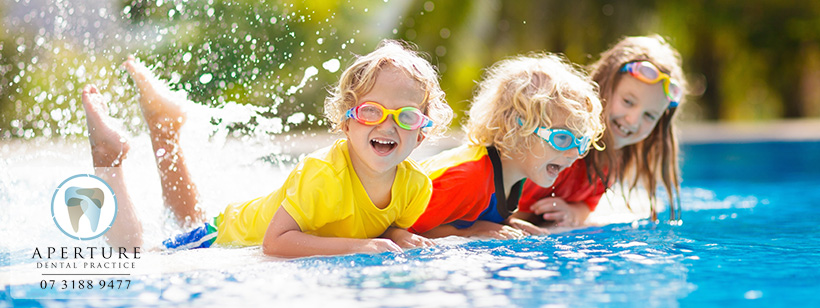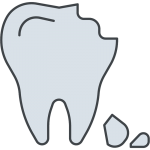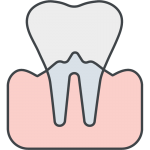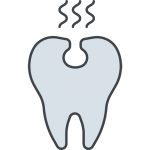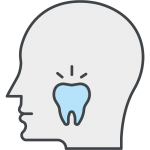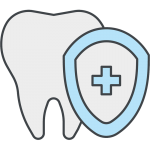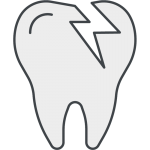Living in sunny south-east Queensland means warmer weather. There’s nothing better than heading to the swimming pool on a sizzling hot day! Here we have compiled a few tips on making your summer swim good for your dental health 😎
Should I Wear a Mouthguard at the Swimming Pool?
Mouthguards are often worn during contact sports such as basketball, biking or skiing. How about wearing it when swimming? Actually, it would make absolute sense to wear it in water as well!
If you play sports like water polo, or play with water pistols with friends, there’s still the risk of bumps and collisions with people or hard objects and causing tooth and jaw injuries. Running around the pool and falling on slippery tiles and cement can also be a risk.
Be aware of possible dental dangers at the pool – using a mouthguard is a great way to prevent cracked or broken teeth from accidents.
Pool Water and Chlorine
At swimming pools, a chemical called chlorine is added to the water to keep away bacteria, microbes and other health hazards – making the water safe for us to swim in.
However, research has shown that over-exposure to chlorine can actually stain and cause enamel erosion to your teeth – a condition called “Swimmer’s Calculus“. Symptoms include:
- Yellow or brown teeth;
- Edges of your front teeth may look transparent;
- Later on, your teeth may feel sensitive when consuming hot or cold foods.
Fortunately, a few visits to the pool every year is unlikely to have any adverse effects on your teeth. However if you visit the swimming pool daily or over 6 hours a week, it is important to check that the water is at a pH level* of 7.2-7.8 for it to be safe for you and your teeth.
Be Dental Safe and Water Safe
It’s important to stay safe when you go to the pool. Not only because of the water’s pH levels, but also from accidents caused by running, diving, etc. These can all lead to cracked, chipped, and broken teeth. And no one wants to end a fun day at the pool with a visit to the dentist or hospital emergency.
In summary, here’s what you can do to protect your teeth at the swimming pool:
- Wear a mouthguard.
- Keep pool water out of your mouth.
- Rinse and clean your mouth after a swim to keep your teeth free of any chemicals.
- Don’t forget to visit your dentist regularly!
* pH is the measure of how acidic or alkaline a solution is. It is measured as a number between 1 – 14, where the pH value of 7 is considered neutral (neither acidic or alkaline). A pH value below 7 is acidic, and above pH 7 is alkaline.
Book Your Dental Check-Up Today
Call us now on 07 3188 9477 for more information or book an appointment.


